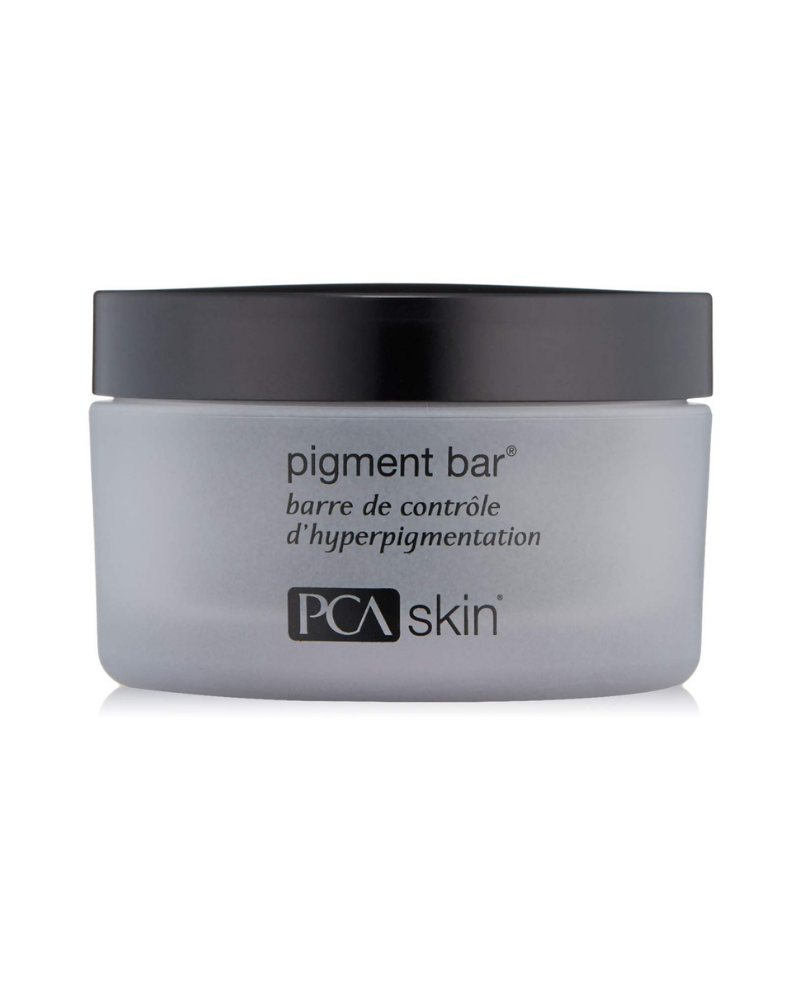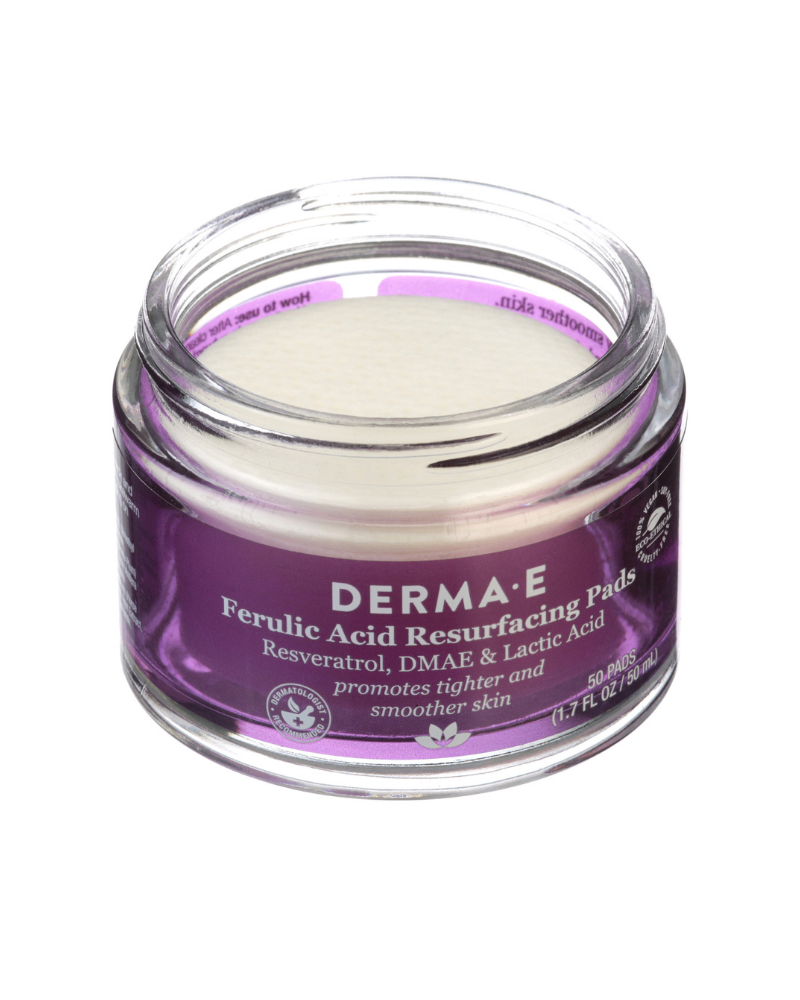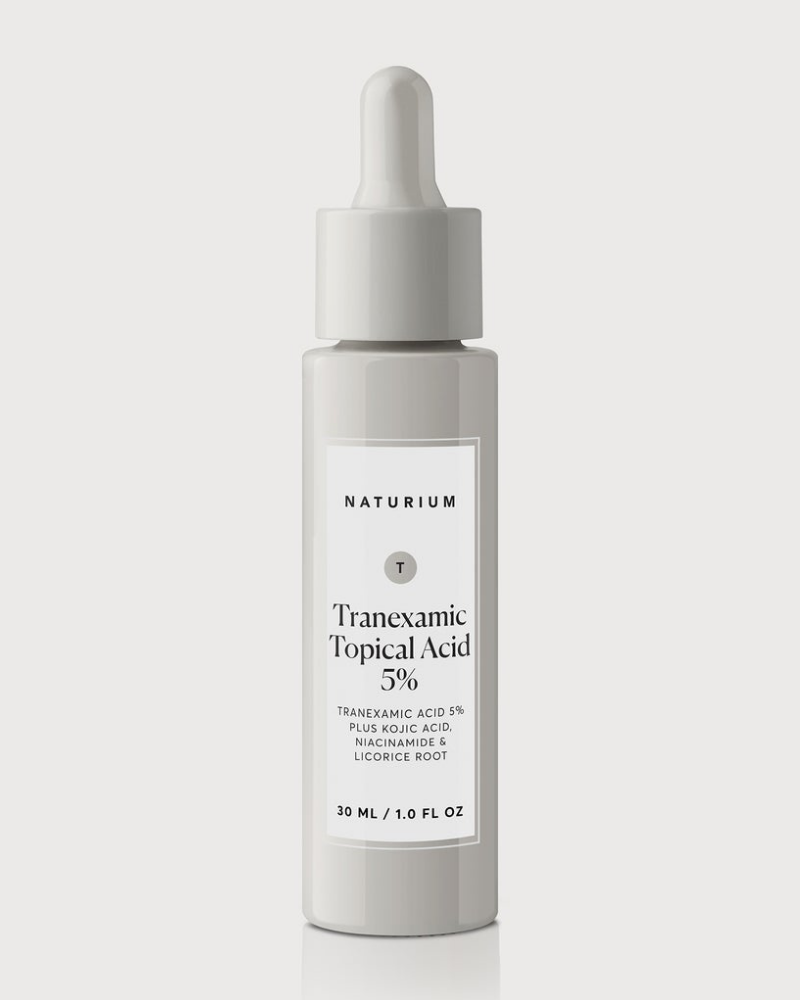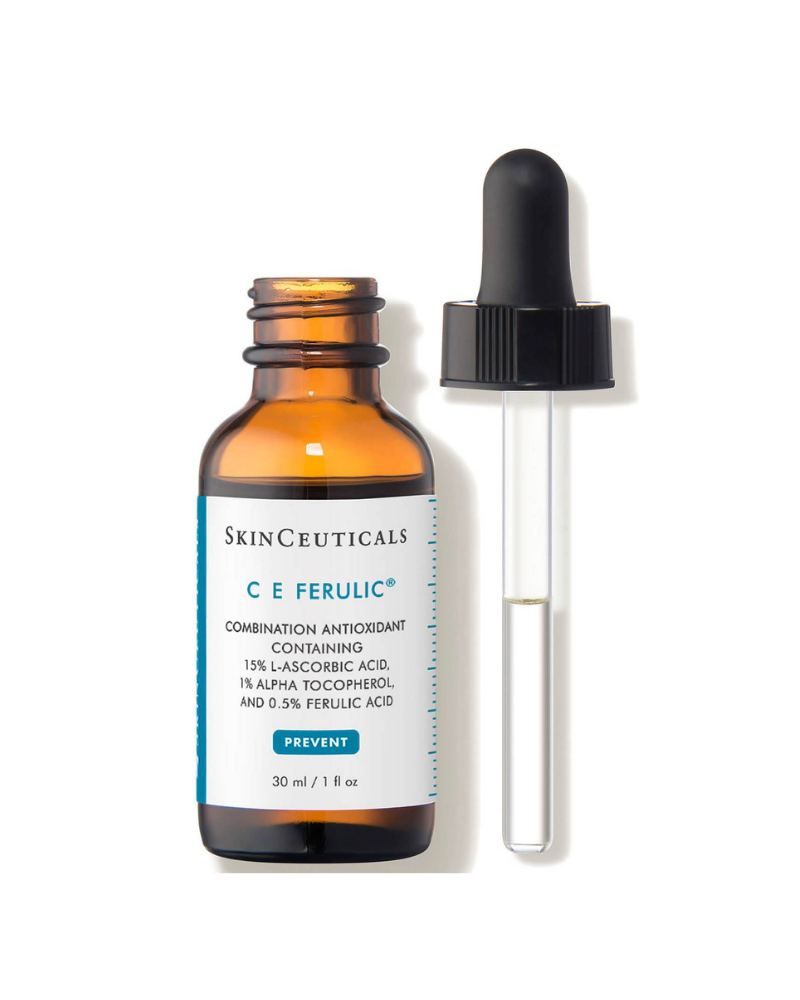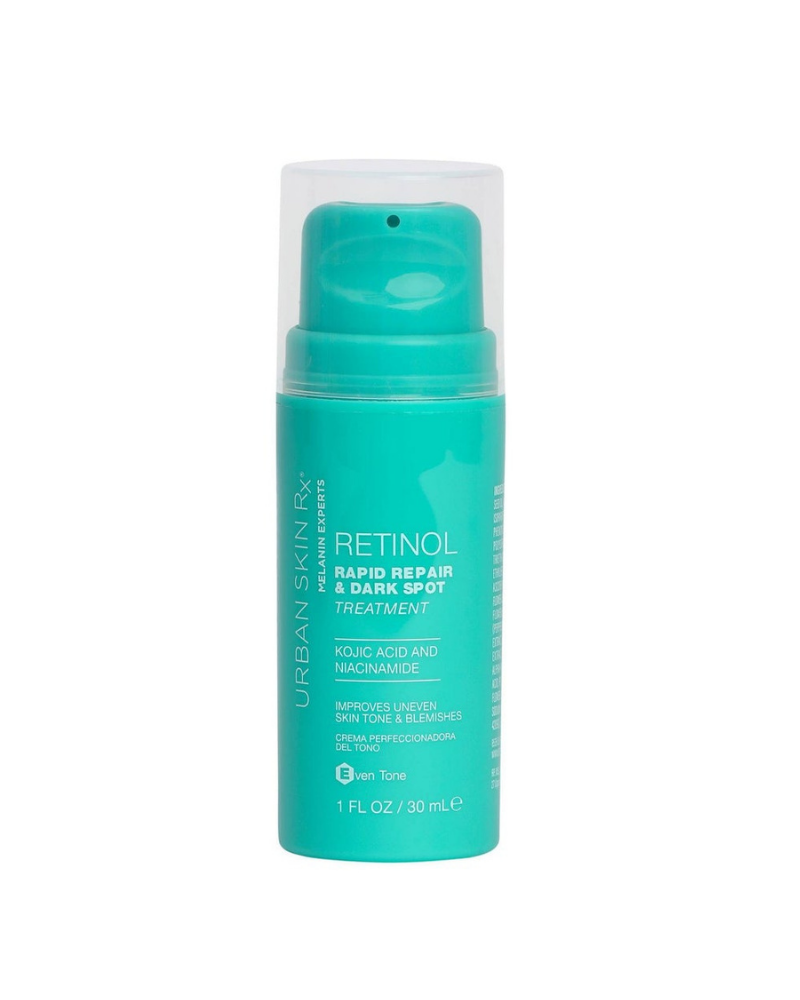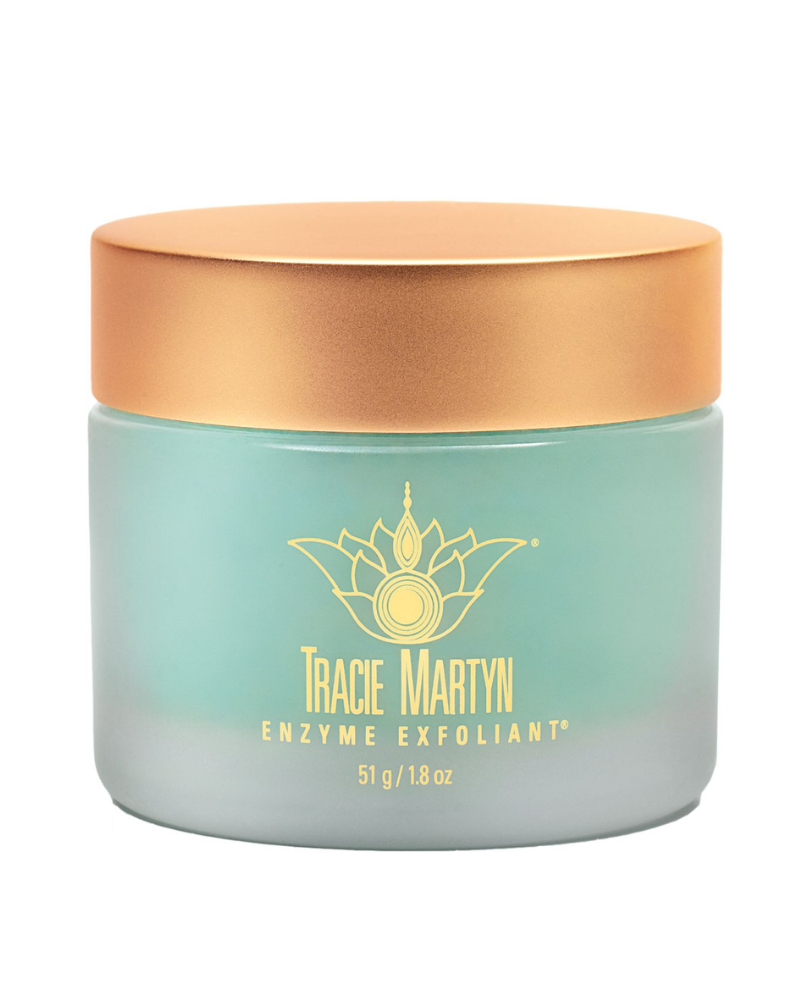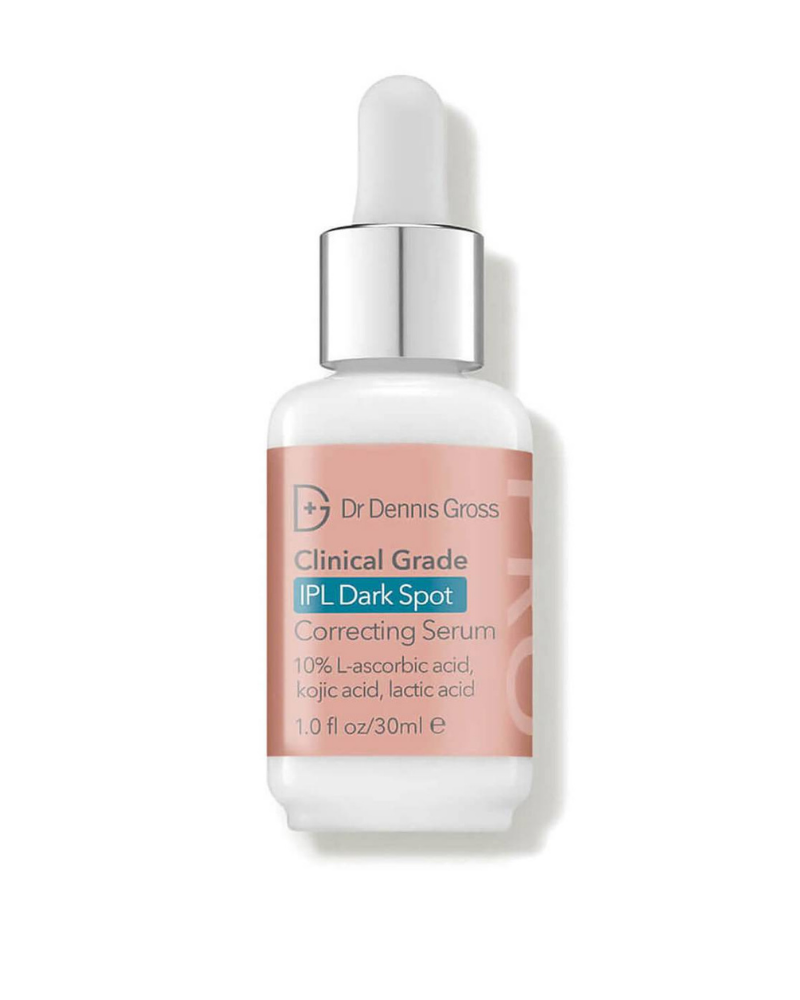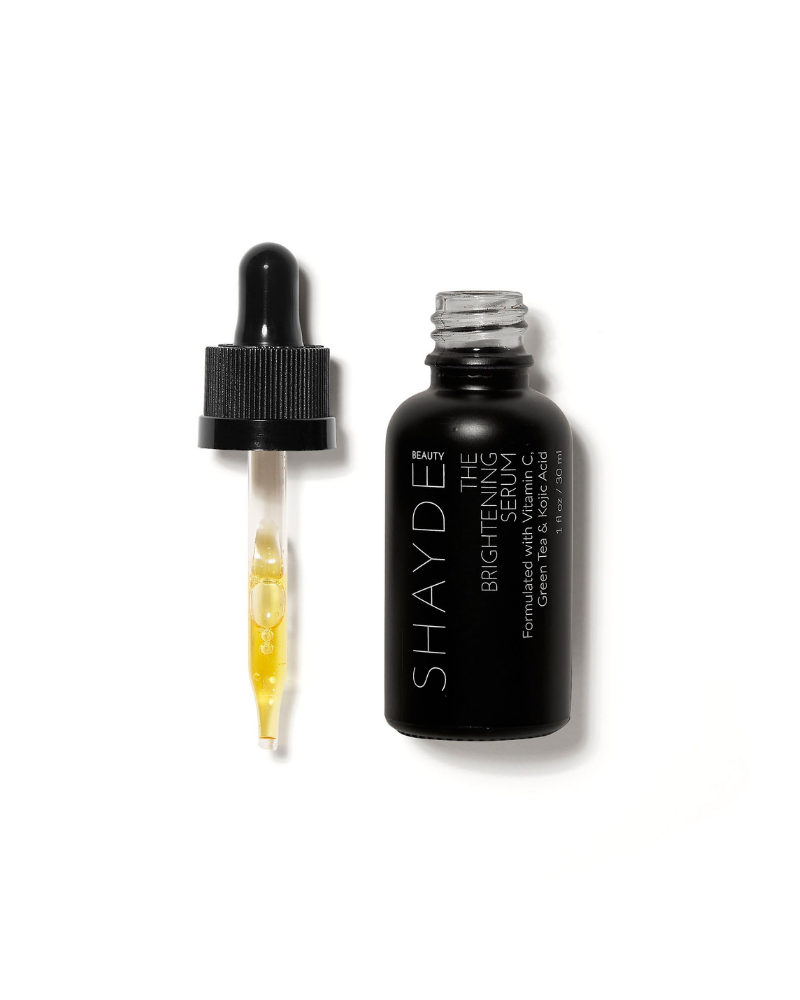How Kojic Acid Works: A Dermatologist Explains
Super-gentle, super-effective.

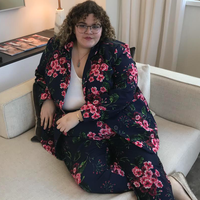
The skincare dictionary is becoming more extensive by the day, with trending ingredients like bakuchiol and mushrooms flooding our TikTok pages and OGs like niacinamide and hyaluronic acid finally getting the credit they deserve. The skincare world has been buzzing of late about hyperpigmentation and skin exfoliants, and among the gentlest and most effective of those magic products is kojic acid. Marie Claire wants to extend your skincare dictionary, so we spoke with Dr. Nkem Ugonabo, a dermatologist and ASDS Cosmetic Dermatologic Surgery Fellow at UnionDerm to explain exactly what kojic acid is, how it works on your skin, and whether you should be adding kojic acid to your skincare regimen.
What is kojic acid?
Similar to retinol and vitamin C, kojic acid is a particularly powerful skin-brightener that's a favorite amongst dermatologists and estheticians for its gentle effects.
“Kojic acid is a natural metabolite produced by certain types of fungi which acts to inhibit the production of melanin,” says Dr. Ugonabo. When applied to the skin, this acid lightly exfoliates to reduce pigmentation, specifically helping stop the production of melanin.
Dermatologist-Approved Kojic Acid Creams and Serums
What's the history behind kojic acid?
While this hero ingredient is often used today to fight small clusters of dark spots, kojic acid was historically found in skin bleaching products. Skin-bleaching ingredients like hydroquinone and kojic acid were often used in creams and lotions to lighten skin to fit racist Western beauty standards.
But skincare is evolving, as are beauty standards, and the use of skin-lightening ingredients like kojic acid is now less marketed towards whitening than targeting acne scars, discoloration, and dark spots. Today, kojic acid is used in safe quantities for short-term use and is much less harsh than other topicals.
Dr. Ugonabo adds, “Despite the name 'acid,' many patients find kojic acid to be 'gentler' than other dark spot treatments such as hydroquinone or retinoids."
What are the benefits of kojic acid?
Skin that's more prone to melasma and hyperpigmentation, like melanated skin or the skin of pregnant individuals, can particularly benefit from the use of kojic acid, thanks to its exfoliant and skin-brightening abilities. In addition to treating dark spots, Dr. Ugonabo says that kojic acid has “antioxidant, antimicrobial and exfoliant properties.” This means that in small doses, kojic acid products can fight bacteria in the skin that causes acne and help with bodily bacterial and fungal infections.
Stay In The Know
Get exclusive access to fashion and beauty trends, hot-off-the-press celebrity news, and more.
Many serums and treatments have kojic acid alongside other brightening agents and exfoliants like ferulic acid and lactic acid. Just be sure to use these products slowly in routines to avoid any irritation.
Is kojic acid safe to use?
Whether you have dry, oily, sensitive, or acne-prone skin, kojic acid is safe to use on all skin types. Dr. Ugonabo does warn those with sensitive skin to do a spot test with the product before slowly introducing it into your routine.
How do you use kojic acid?
With the exception of sensitive skin, kojic acid is best utilized in the form of a topical cream or spot treatment serum and applied once or twice a day. Using new ingredients can have different effects on the skin, so it's a good idea to test a product first and introduce it slowly into your routine to avoid excessive irritation, or worse, breakouts. “If no irritation or reaction occurs on this test spot, I would then begin using it 2-3 times a week as a start with a goal of increasing up to 1-2 times a day or as directed by the instructions on the specific product,” says Dr. Ugonabo.
Everyone’s favorite caveat applies here when using kojic acid, and that is: You MUST wear sunscreen. All dermatologists agree that an SPF of at least 30 should be used diligently and liberally daily, especially after using an exfoliant or peeling solution.
Our Favorite Kojic Acid Treatments
Alexis Gaskin is a Freelance Beauty Writer for Marie Claire who can often be found painting her nails to match every outfit. She covers beauty, skincare, and fat fashion and will get distracted by any and all Halsey-related content or anything glittery.
-
 Why King Charles and Queen Camilla "Wept" at Windsor Castle Event and "Set Off the Staff"
Why King Charles and Queen Camilla "Wept" at Windsor Castle Event and "Set Off the Staff"A royal expert revealed that "everybody was sobbing."
By Kristin Contino Published
-
 This Hybrid Shoe Is the Last Trend I Expected Hailey Bieber to Wear
This Hybrid Shoe Is the Last Trend I Expected Hailey Bieber to WearShe makes the comfy style look so intriguing.
By Halie LeSavage Published
-
 Blake Lively Saddles Up to the Horse Girl Aesthetic
Blake Lively Saddles Up to the Horse Girl AestheticThe yeehaw agenda just earned another fan.
By Kelsey Stiegman Published
-
 People Always Compliment My Flawless Skin—These 6 Steps Are Why
People Always Compliment My Flawless Skin—These 6 Steps Are WhyFrom sunscreen and essences to moisturizers, it's all here.
By Hannah Baxter Published
-
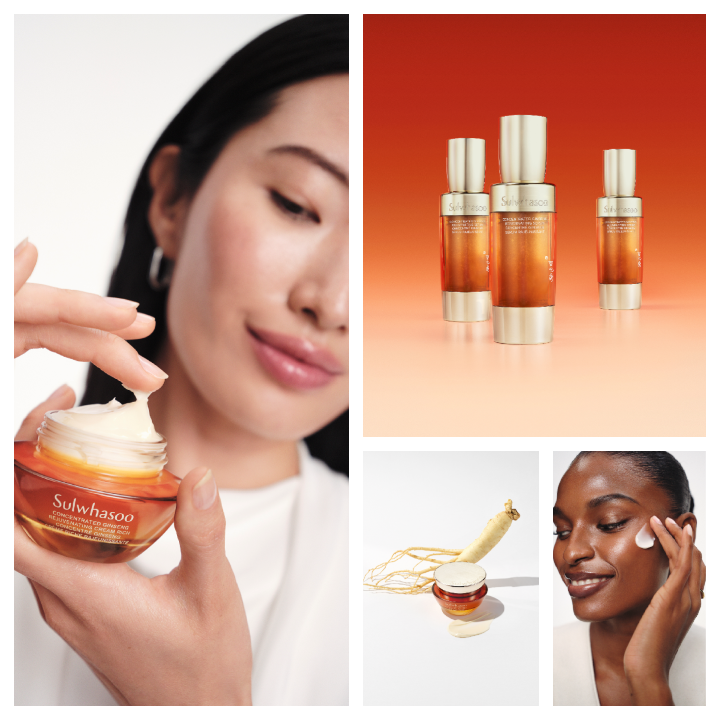 Sulwhasoo’s New Concentrated Ginseng Cream Is a Wrinkle-Erasing Time Machine for My Skin
Sulwhasoo’s New Concentrated Ginseng Cream Is a Wrinkle-Erasing Time Machine for My SkinThis Seoul-based brand is the key to plump skin.
By Samantha Holender Published
-
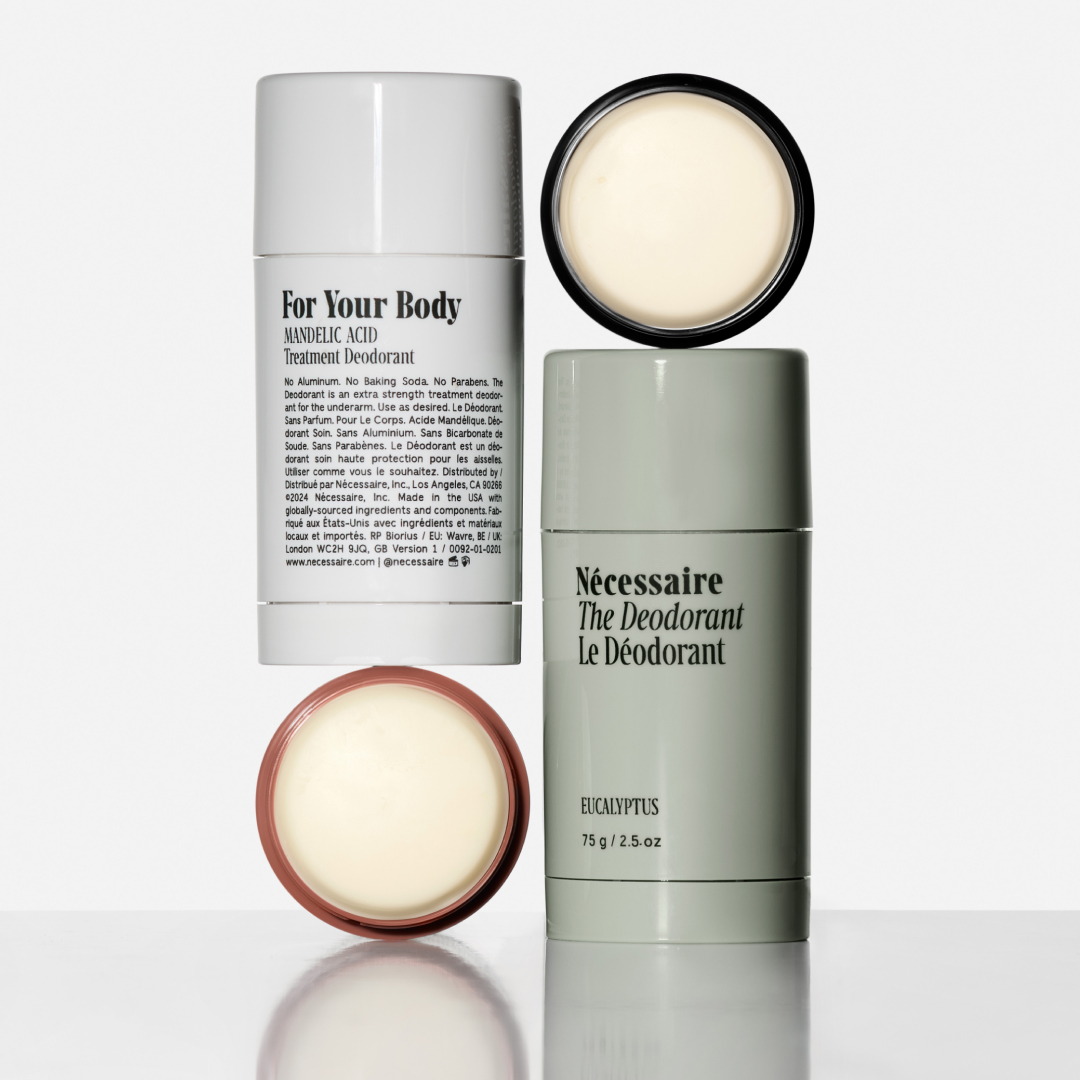 Nécessaire's Extra-Strength Deodorant Outlasts an Editor's Sweatiest Test: Fashion Week
Nécessaire's Extra-Strength Deodorant Outlasts an Editor's Sweatiest Test: Fashion WeekEven with my hectic schedule, I've never smelled better.
By Halie LeSavage Published
-
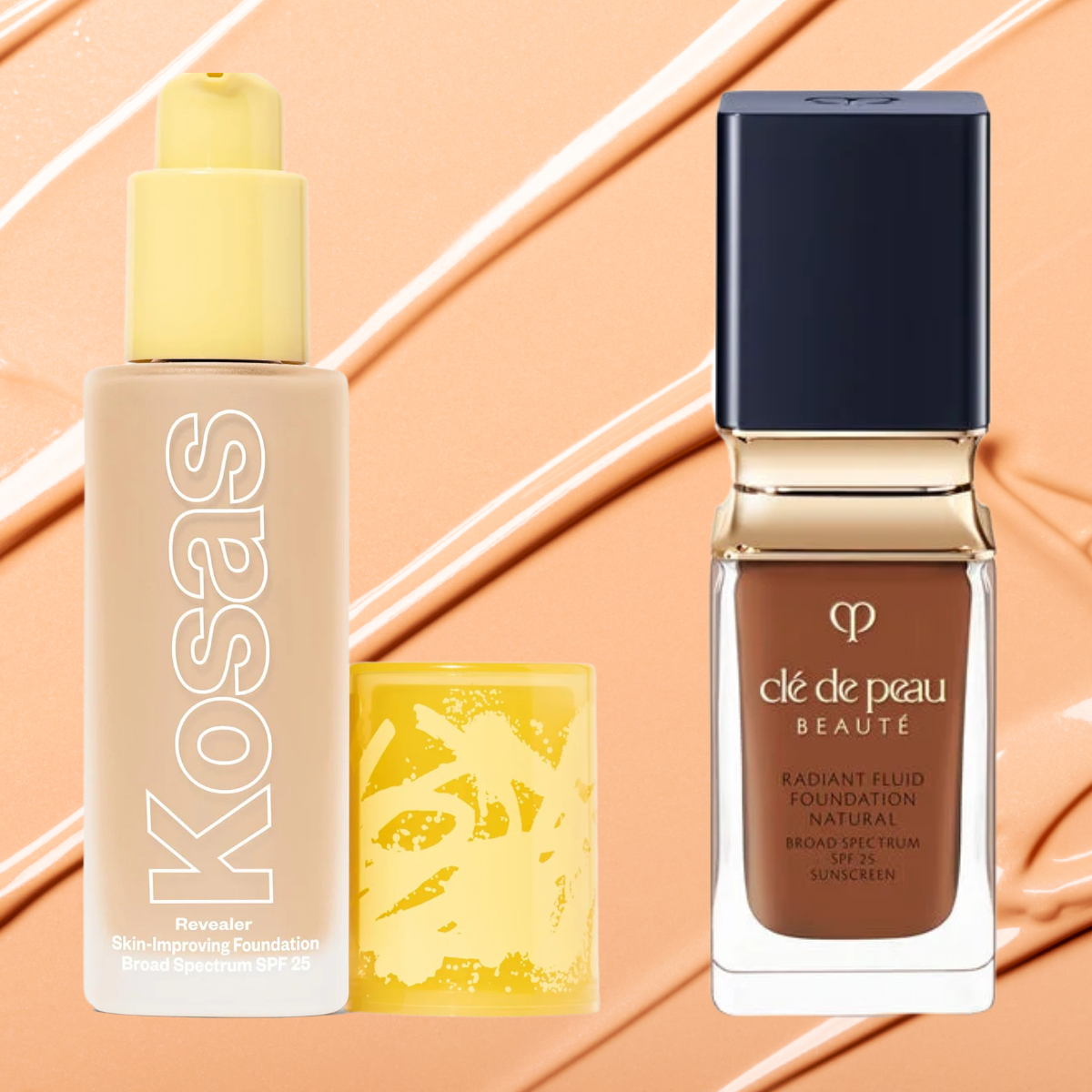 The 13 Best Foundations for Mature Skin, Tested by Women Over 50
The 13 Best Foundations for Mature Skin, Tested by Women Over 50It's perfect for mature complexions.
By Siena Gagliano Published
-
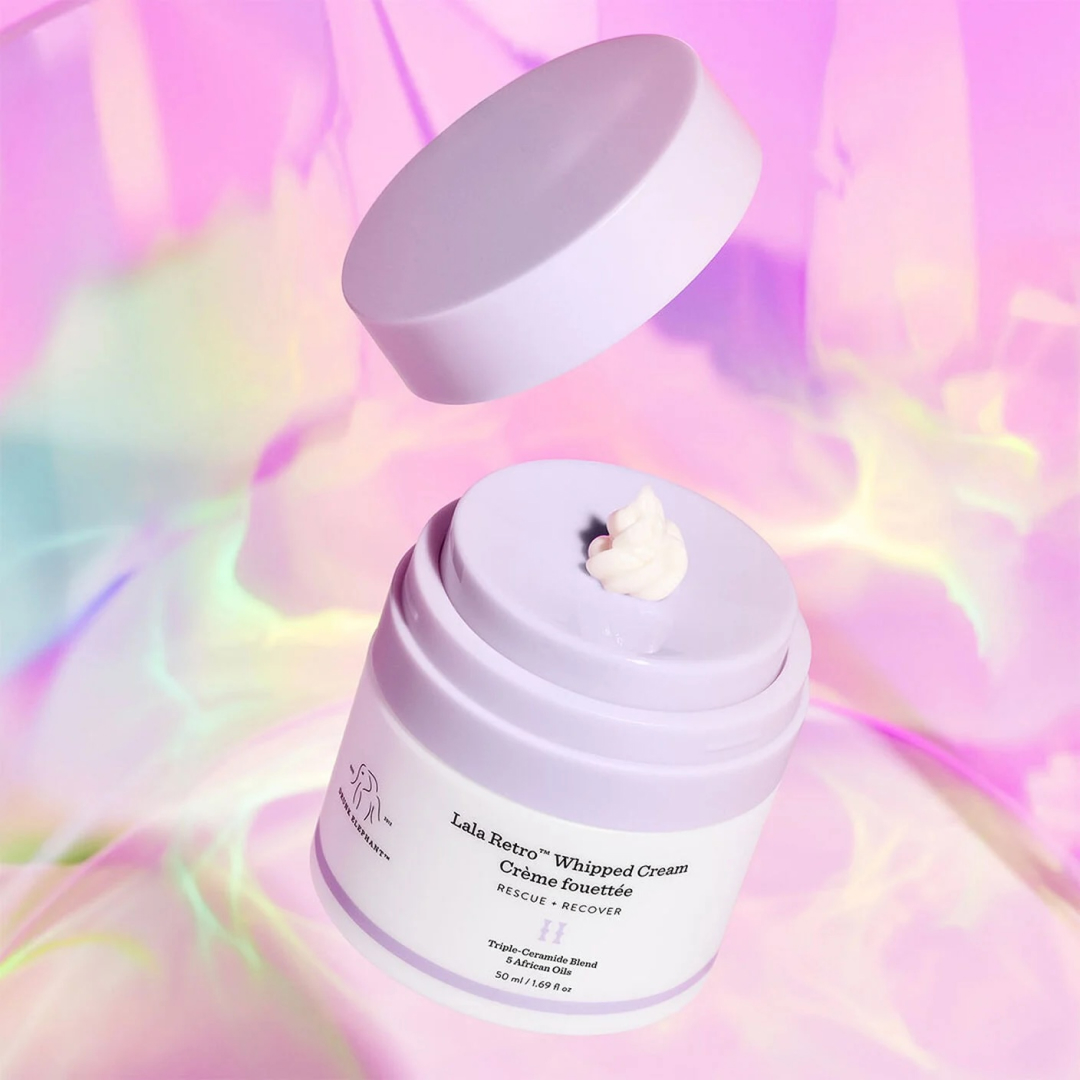 Drunk Elephant Recalls Three Best-Selling Skincare Products Following an Ingredient Mix-Up
Drunk Elephant Recalls Three Best-Selling Skincare Products Following an Ingredient Mix-UpHere's how to know if yours were compromised.
By Hanna Lustig Published
-
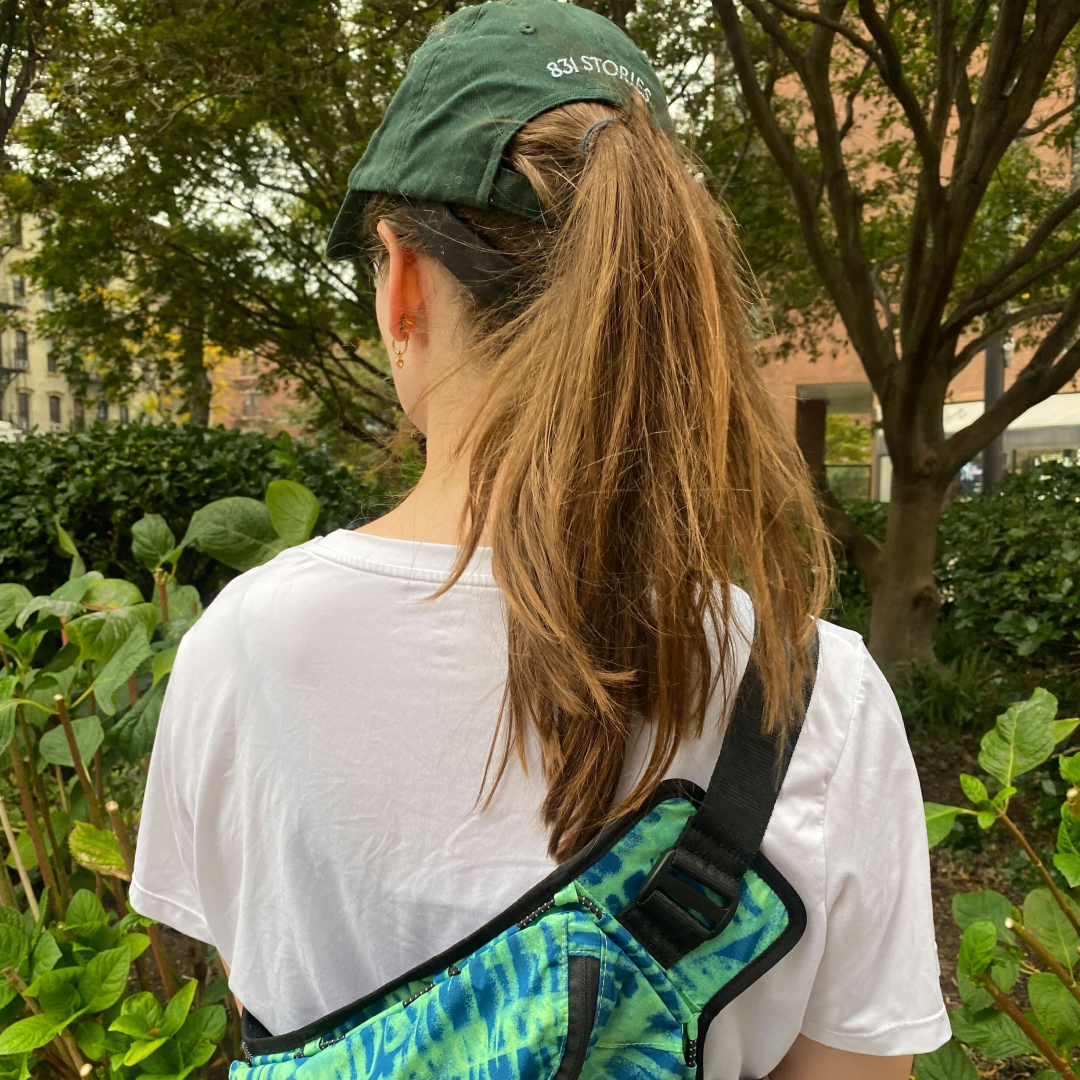 As A First-Time Marathon Runner, These Wellness Essentials Helped Enhance My Training and Recovery
As A First-Time Marathon Runner, These Wellness Essentials Helped Enhance My Training and RecoveryFrom a hardworking deodorant to a soothing sauna blanket.
By Halie LeSavage Published
-
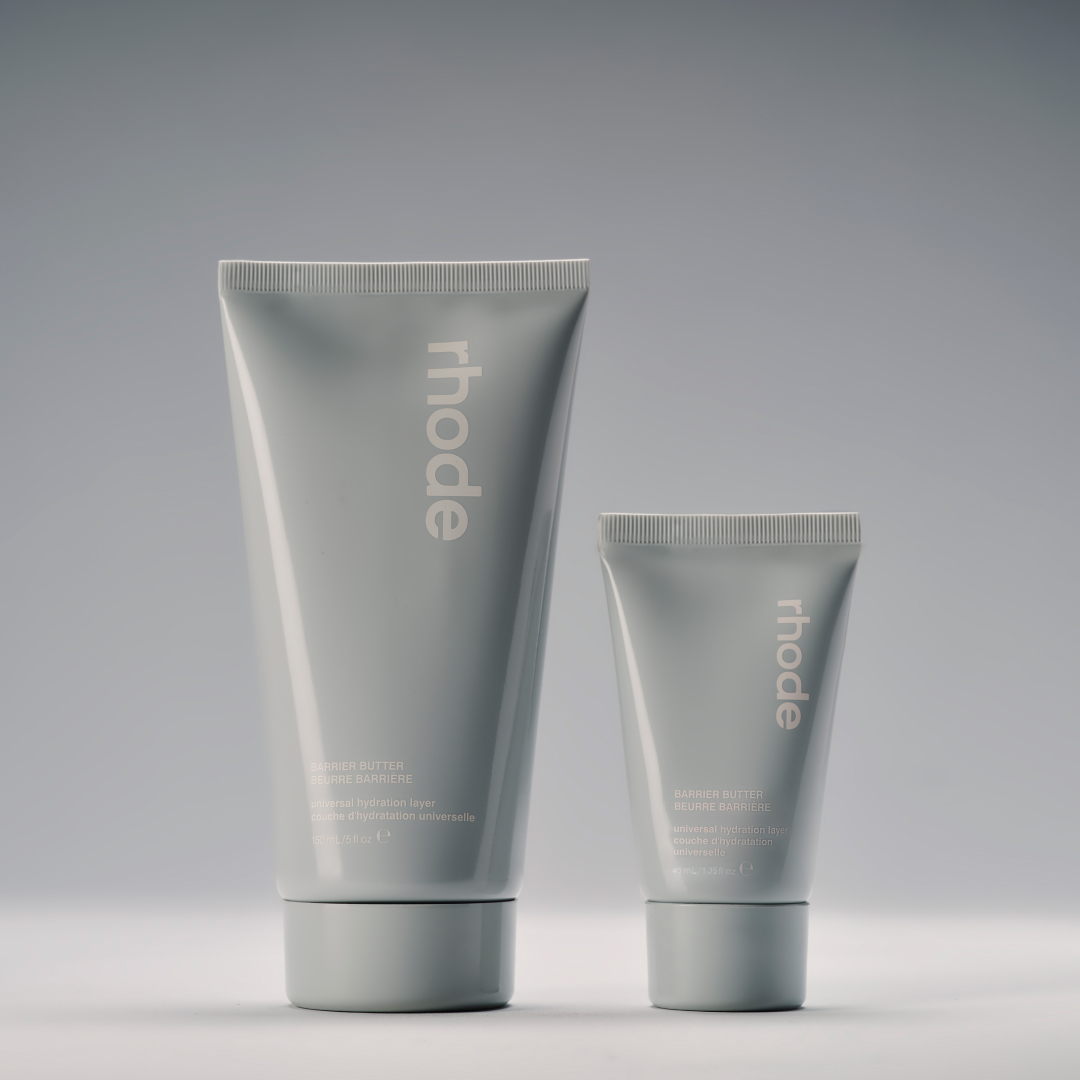 Hailey Bieber’s New Rhode Barrier Butter Is So Decadent, You’ll Want to Smear It Everywhere
Hailey Bieber’s New Rhode Barrier Butter Is So Decadent, You’ll Want to Smear It EverywhereIntroducing the brand's yummiest product yet: Barrier Butter.
By Hanna Lustig Last updated
-
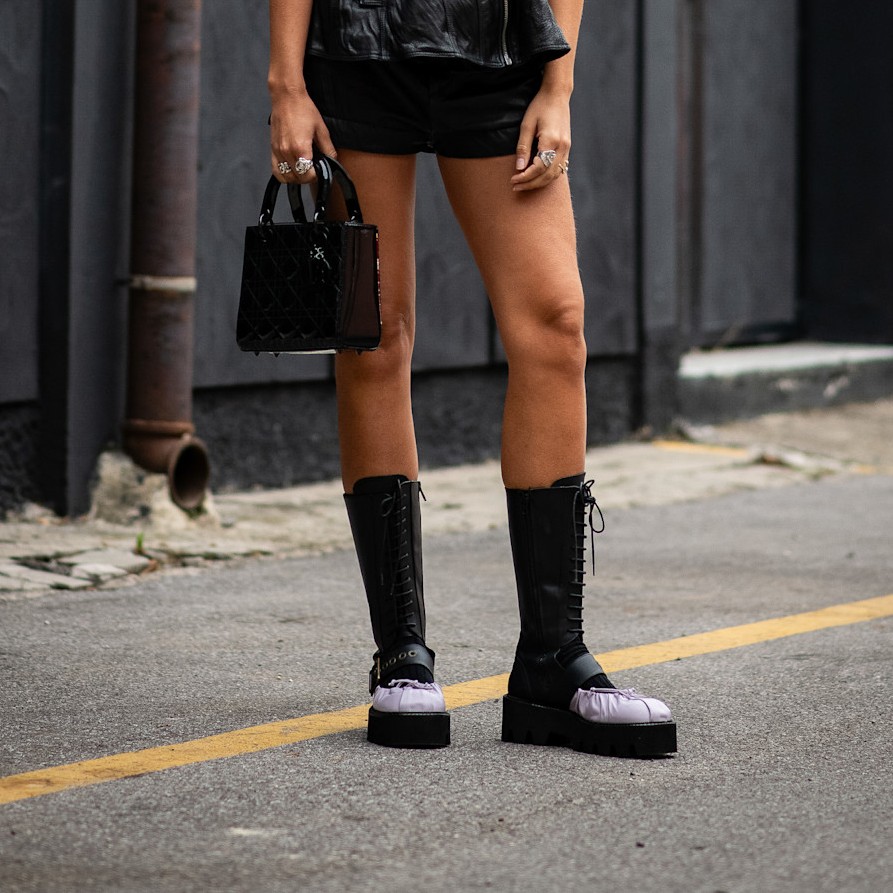 Is Cyperus Rotundus Oil Really a Natural Alternative to Laser Hair Removal?
Is Cyperus Rotundus Oil Really a Natural Alternative to Laser Hair Removal?According to research, it just might.
By Samantha Holender Published
